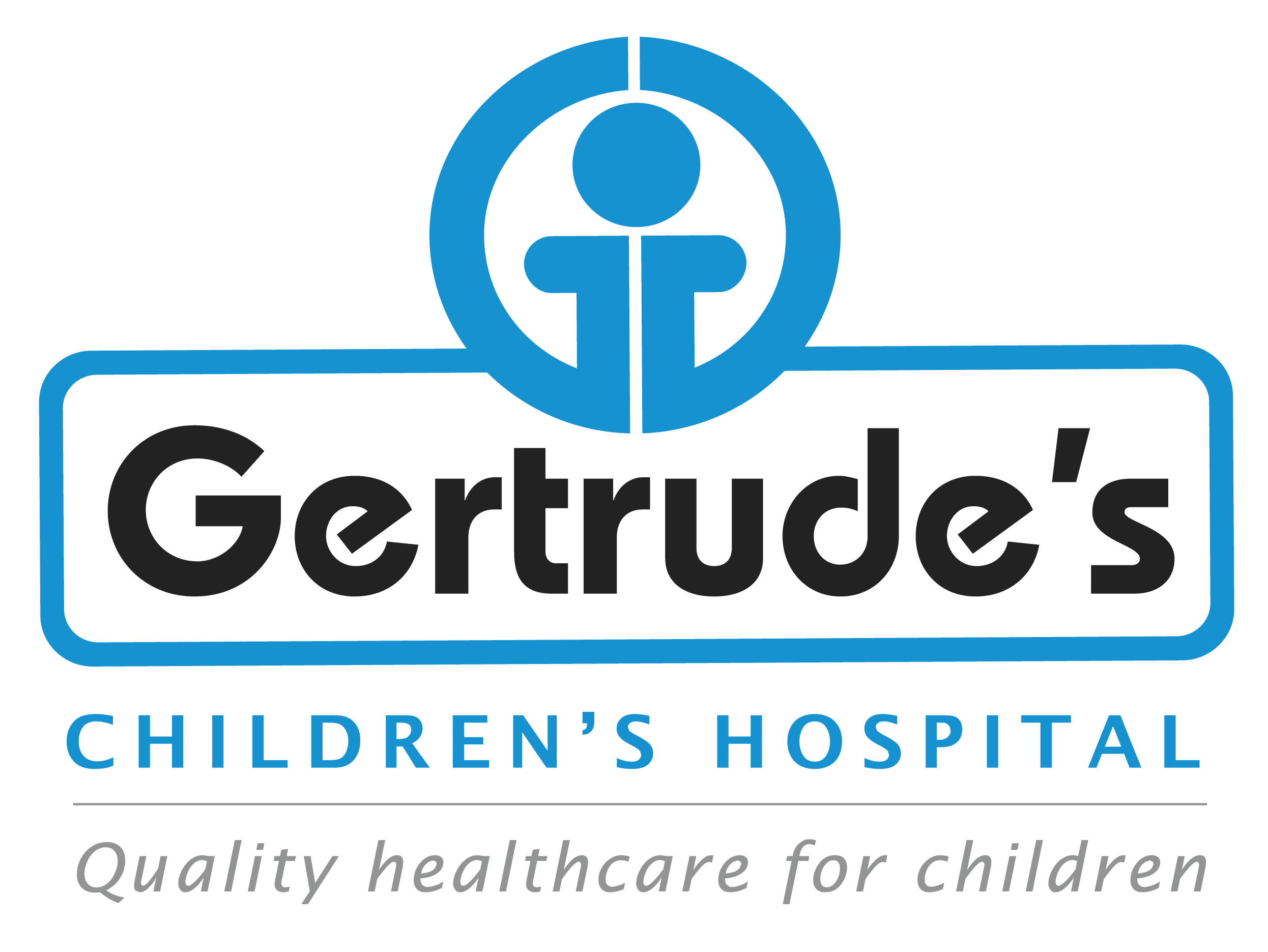Hashimoto Thyroiditis, also known simply as Hashimoto’s, is an autoimmune disorder that affects the thyroid gland. The thyroid is a small, butterfly-shaped gland located at the front of the neck, responsible for producing hormones that regulate the body’s metabolism, growth, and development. In Hashimoto’s, the immune system mistakenly attacks the thyroid gland, causing it to become inflamed and, over time, reducing its ability to produce thyroid hormones. This condition is the most common cause of hypothyroidism (an underactive thyroid) in children and adolescents.
While Hashimoto’s is more common in adults, it can occur in children, and early diagnosis and treatment are crucial for managing the condition and ensuring a child’s healthy growth and development.





